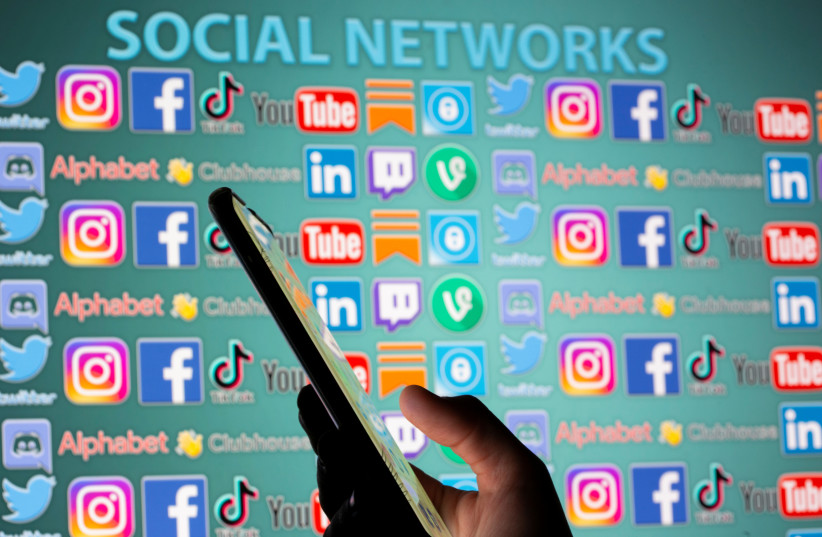Reducing social media usage by 15 minutes a day can have dramatically beneficial impacts on a person’s health, a study published on February 8 found.
The open access peer-reviewed study, published in the Journal of Technology in Behavioral Science, addressed a gap in academic research on the benefits reducing social media usage can have.
Other research has proven that social media usage can lead to increased feelings of loneliness, anxiety, and depression alongside physical problems like poor sleep quality and reduced physical activity.
Testing the positive impact of reducing social media usage
The researchers recruited 50 participants from undergraduate programs across 6 different UK-based universities. The participants were all aged between 18 and 30 years old.
The participants were divided into three groups. 16 participants did not change their social media usage, 17 participants were asked to reduce their activity, and the final group of 17 participants was asked to reduce their social media activity and replace it with an alternative activity like exercise or reading.

All the participants were then asked to complete an assessment that measured their social media usage, health, sleep quality, and feelings of loneliness, anxiety, and depression.
How did reducing social media usage help?
Participants who reduced their social media usage without replacing it with another activity reported greater improvements in their health than the group that didn’t change their social media activity. However, the reduction-only group did not report experiencing better mental health.
The research team theorized that the above change came about as the reduction-only group was breaking out of an addiction cycle.
“These data demonstrate that, when people reduce their social media use, their lives can improve in many ways—including benefits for their physical health and psychological well-being,” Phil Reed, author of the study and a psychology professor at Swansea University, said to PsyPost.
“It remains to be established whether the relationship between social media use and health factors is a direct one, or whether changes in well-being variables, such as depression, or other factors, such as an increase in physical activity, mediate it.”
“That the group asked to reduce their usage and do something different did not show these benefits suggests that campaigns to make people healthier could avoid telling people how to use their time,” Reed continued. “They can resent it. Instead, give them the facts, and let them deal with how they make the reduction, rather than telling them to do something more useful—it may not be effective.”
